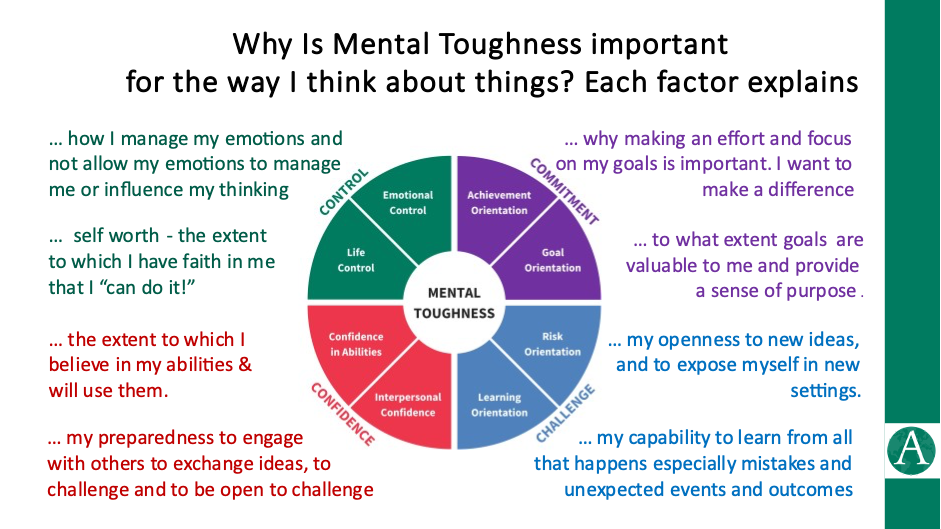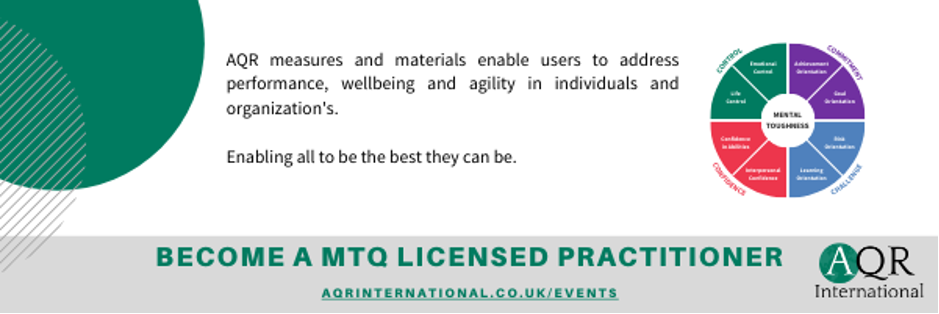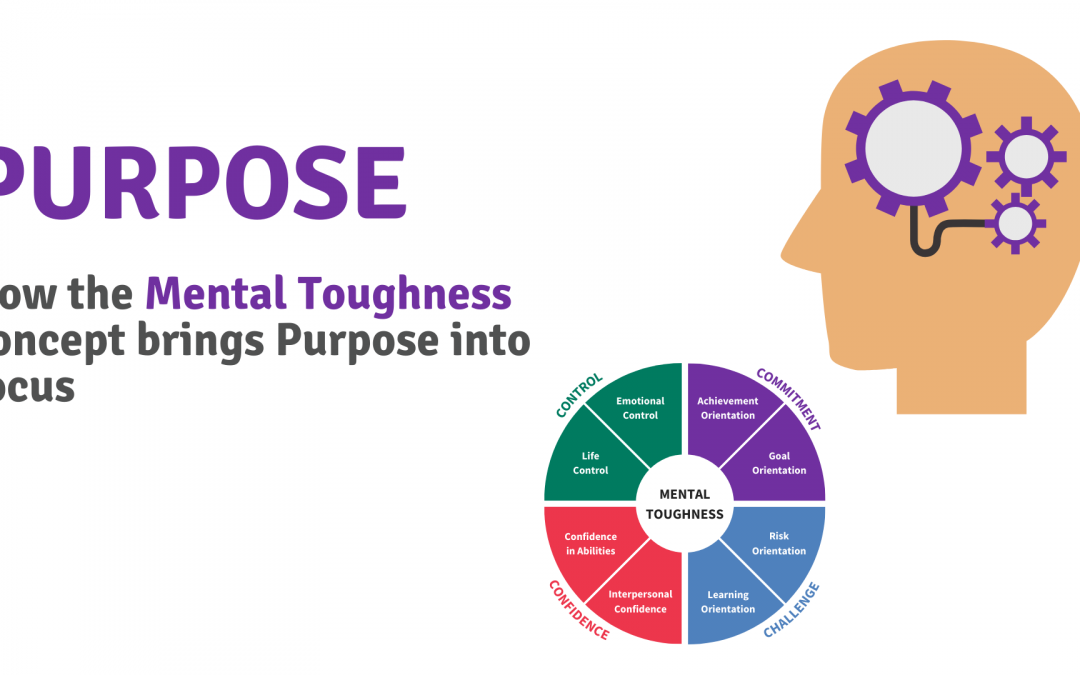How the 8-factor mental toughness concept brings this into focus
We are often told that “goals and goal setting are the sources of drive”. Are they? Is this really enough?
Our work on the mental toughness concept has perhaps enabled us to develop a more subtle, more nuanced understanding of that idea.
Goals are important and they can be useful. Management guru, Peter Drucker famously said “Culture trumps Strategy every day”. Our understanding now is that purpose trumps goals every day.
We get fixated on the mechanics of getting there often forgetting why we want to get there or why it is important to get there.
In 2022, I agreed to mentor a young and very bright psychology undergraduate. A thoroughly enjoyable experience, I was impressed with how much the individual had prepared for the mentoring discussions. The student, in his final year of studies, arrived with a comprehensive and impressive set of goals.
Many were perhaps predictable and of this type – “I want to earn $xxxx by the time I am 30”, “I want to be a senior manager within y years”, “I want to own my own home outright by the time I am z years old”, and so on. Others were more interesting – “I want to set up my own practice specialising in mental health within x years”.
We explored these goals and I was pleasantly surprised to find that this individual had even produced a road map.
At that stage, I asked a simple question that brought the discussion to a halt.
I asked – ”And what is your purpose in setting and achieving these goals?” The response, quite literally, was “What do you mean by purpose? My lecturers told me I needed goals. They didn’t say anything about purpose”.
My response was – “I can see very clearly what you say you are going to do. I just don’t yet know why you are doing it and why it is so important for you”.
It didn’t take long to explore the relationship between a goal and purpose. As I noted earlier, this was a bright individual. Since then, our discussions have been much richer. This student understands themselves a little better now.
So, what is “purpose,” and do we really have to have it?
For many, the most basic definition of purpose is that answer to the “why” question—for example, why someone is working on an activity, why doing something helps to achieve something that matters or why what I do matters to people around me.
The important thing is feeling that what you do has meaning. This meaningfulness is the driver for a sense of sustained motivation and drive.
This conceptualisation is the foundation of goal orientation in the 8-factor expression of the 4Cs mental toughness concept.

When first developed, there was only a description of Commitment and it was commonly described in terms of “stickability”. Over time some users would query why they could assess some as reasonably committed individuals but they would still not deliver what they had promised.
Part of the solution lay in understanding that having goals wasn’t enough for purposeful goal orientation. Goal orientation was at least as much about purpose as it was about anything else.
And, in fact, this was the reason why I addressed my question to my psychology student. He was perplexed to find that his achievement orientation and goal orientation scores were modest when he thought he was so obviously goal-driven because he had set out his goals.
The richer discussions? These came from exploring the implications of his level of goal and achievement orientation in conjunction with the other factors. How his exceptionally high level of emotional control masked his internal frustration and so on.
So, we are beginning to get a better sense of the significance of purposefulness for both individuals and for organisations.
“Everyone ……. is going to encounter failures and challenges, and purpose helps keep you grounded in the sense of gratitude and meaning in a way that financial metrics or quarterly targets just don’t,” (Lotardo)*
The advantage that the mental toughness concept brings is the framework which enables us to explore and examine purpose both in its own right and in relation to other aspects of our mindset that can impact on purpose.
The last word could have gone to the Cheshire Cat and his often-misquoted advice to a lost Alice in Alice in Wonderland when asking for directions – “If you don’t know where you’re going, any road will take you there.” The Cat might just as easily and as usefully had said “If you don’t know why you’re going there, any road will do”.

For more information about Mental Toughness see www.aqrinternational.co.uk.
To learn how to be a licensed user of the mental toughness concept and the MTQPlus measure, contact headoffice@aqr.co.uk
* Elizabeth Lotardo, Vice president, McLeod & More


